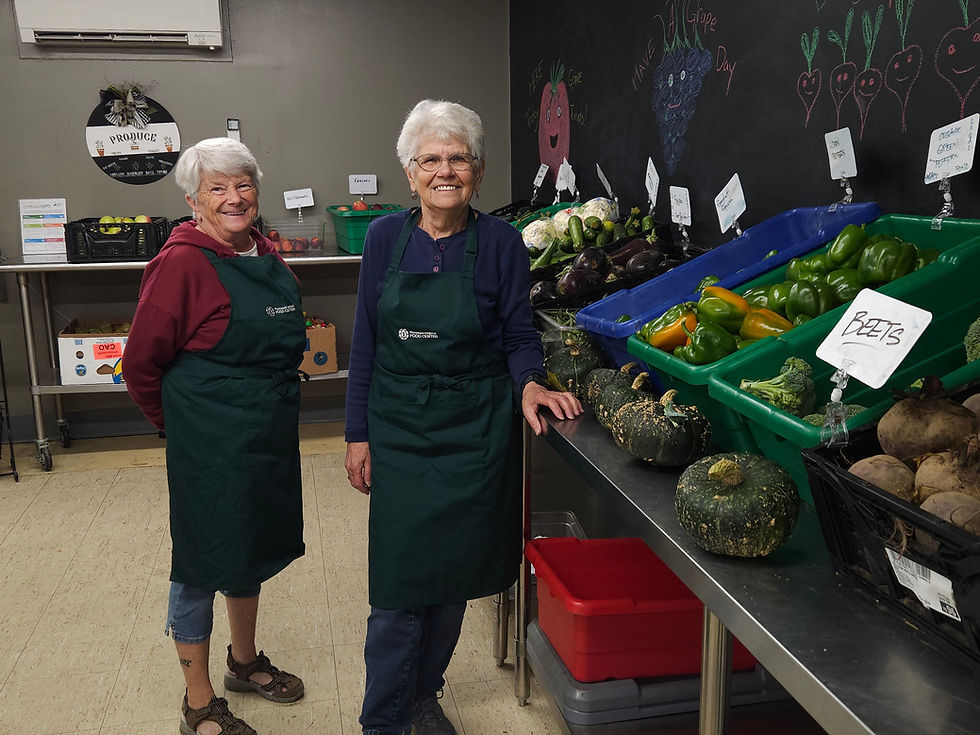Poverty Isn't What You Think It Is...
- Theresa Makowski
- Jan 7, 2019
- 2 min read
January is National Poverty Awareness Month. If you have been to Center Theatre recently, or opened up The Piscataquis Observer or Eastern Gazette, you have probably seen an ad that looks something like this:

Does 18% seem high or low to you? That is the number of people in our county currently dealing with poverty. Nationwide, 43% of the population experiences poverty lasting 3 or more months in a given 12 month period.
When President Johnson declared The War on Poverty in 1964, this is what we thought poverty looked like. It looked like someone in a far away place who was different from us. It wasn't viewed as something that happens to nearly half of the country.

50 years later, we have learned a thing or two about poverty. We now know poverty isn't far away from us and only happens to "other" people. It isn't an urban or rural issue. It is an event that can cause a domino effect through life and create these episodes of poverty. The technical term for this is Situational poverty, a temporary (3 months or more) change in the finances that can happen to anyone, at any time, regardless of how they "appear" to the outside world. Poverty in our neighborhood CAN look like this.
Did you see these pictures and think, "they can't be poor!" The truth is, you just don't know. Situational poverty can happen to anyone, at any time, regardless of how they "appear" to the outside world.
What causes Situational Poverty? Life: All those things that happen to us, both good and bad can cause us to experience poverty. Job loss, a new baby, cars breaking down or a lack of reliable transportation, unexpected home repairs, health problems, any untold number of things can change the financial status of individuals and families. More often than not, poverty happens through no fault of an individual but rather circumstances that can't be controlled. It is hard to list the number of times stories have been shared about someone becoming ill and the medical bills being so overwhelming compounded with the loss of work due to illness. One story that was shared with us was from someone who was diagnosed with cancer. She went through treatment and a spent quite a bit of time in the hospital. When released from the hospital, they were given a list of medications to pick up at the pharmacy. Much to their surprise, the medications cost $4,000 and not covered by insurance. Adding in the cost of treatments, they walked out of the hospital $50,000 in debt.
Now, stop. Take a deep breath, and think about what would happen if one of these life events suddenly happened to you. If your primary source of income was no longer there, if you didn't have a way to get to work each day, if you couldn't afford your medications without credit cards. How would your life change?















Comments